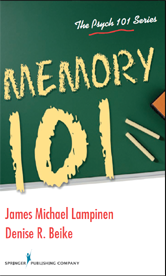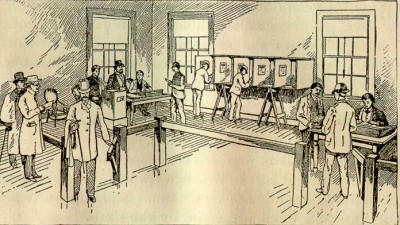If 2016 taught us anything, it’s that information literacy is a critical ingredient in informed democracies, but that we have a long way to go in building that skill across our population. As we look ahead to the coming year, we tried to ascertain what themes would emerge in the library field as a response to the rapidly-changing landscape. Here are 3 emerging trends we’re seeing that warrant attention in 2017:
Stanford Social Media Study Reveals Gaps in Students’ Information Literacy
Students might not be as fluent in social media as we once thought, and the implications are staggering in terms of how they navigate information online. Well before the Fake News stories broke following the 2016 election, Stanford University conducted a study of middle school through college-aged students, and found that not only were they consistently unable to discern real articles from native advertising (ads made to look like articles, usually marked, “sponsored content”), they struggled to understand even some basic conventions of social media.
We understand your library wants to post fun content to social media but that you might not have the time to dedicate to writing it, so we’d like to help!
Every month we showcase some of the new and updated titles in our Academic, Public, and Student Core Collections. Click here for a full list of December's titles!
Core Collections, Credo Collections, Customer Success, E-Reference Titles, Uncategorized
We understand your library wants to post fun content to social media but that you might not have the time to dedicate to writing it, so we’d like to help!
Fake news isn’t the only problem with information on the internet
After two weeks of following the story of Macedonian “fake news” sites and Facebook’s editorial responsibilities, we wanted to discuss the fact that fake news is only part of the problem. Discerning real information from biased misinformation is a growing challenge in the 21st century.
A growing number of Americans are getting their news from social media (Pew Research Poll), and increasingly, disreputable news sites are using these platforms to distribute fake news for financial profit. A key tenet of information literacy has always been the ability to evaluate sources, however the increased sophistication of fake news sites means that this skill is more important than ever.
A growing number of Americans are getting their news from social media sites like Facebook and Twitter according to a recent poll from Pew Research. At the same time, NPR and others are reporting this month that a proliferation of fake news sites have to come into being that use the viral nature of social media to drive ad revenue.
Credo and Arkansas State University team up to boost college readiness
According to a report form the National Center for Public Policy and Higher Education, "nearly 60% of first-year college students discover that, despite being fully eligible to attend college, they are not ready for postsecondary studies."
We understand your library wants to post fun content to social media but that you might not have the time to dedicate to writing it, so we’d like to help!










